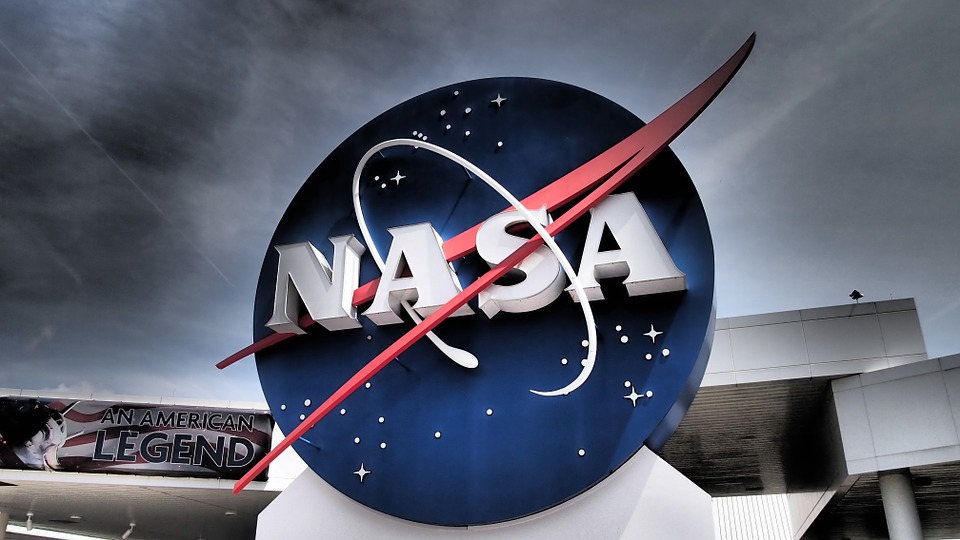
NASA is almost ready to reveal its "Kilopower" project to the world. According to a report from the Independent, the space agency will soon be holding a press conference to discuss the fruits of its research into nuclear power systems for spacecraft and outposts.
Kilopower is a plan to develop small nuclear reactors that can provide plenty of clean energy in deep space, as well as on the surface of the Moon and Mars. The fission reactors will be fitted aboard important manned and unmanned spacecraft. They will also power bases on the surface of the Moon and Mars.
The conference will be held at the Glenn Research Center in Cleveland, Ohio. During the meeting, NASA wants to talk about the results of its experiments and what Kilopower means for future missions. (Related: NASA successfully completes first test of compact nuclear power system that could power a human base on Mars.)
NASA developed its Kilopower nuclear power project at Nevada test site
NASA started working on Kilopower in November 2017 and finished it in March 2018. The agency conducted its experiments at the Nevada National Security Site (NNSS).
Located in a remote part of Nye county, the NNSS serves as the United States' main testing ground for anything related to nuclear power. During the 1950s, it hosted surface and underground detonations of nuclear bombs that could be felt in Las Vegas and the rest of Nevada.
The Kilopower project involves a much more peaceful use of nuclear material. NASA intends to use nuclear fission to provide astronauts and space probes with all the energy they will need during long trips through the solar system.
Spacecraft need plenty of power to perform their myriad of functions. Their equipment needs electricity to conduct experiments, to transmit data back to Earth, and to provide light, oxygen, and water for any human crew aboard the craft.
"That’s why NASA is conducting experiments on Kilopower, a new power source that could provide safe, efficient and plentiful energy for future robotic and human space exploration missions," read a statement issued by the agency in January 2017.
Nuclear fission touted as reliable source of vital power for astronauts
Kilopower is described as a groundbreaking fission reactor that can efficiently function in space. A single reactor can supply two typical American households with nonstop power for a minimum of 10 years. NASA believes four units will be enough to serve the needs of a long-term outpost on the Moon or Mars.
Nuclear fission is considered an excellent power source for space missions. It is mature technology, can generate large amounts of power, and will last for years without refueling.
While solar power is widely used aboard spacecraft, it relies too much on the sun. The long lunar night means there is no available sunlight for two full weeks. As for Mars, the amount of solar energy that reaches the much more distant Red Planet is prone to fluctuation.
Lee Mason is NASA's technology expert when it comes to generating power and storing energy. He explained that the agency needed a robust power source that could function in harsh environments. Kilopower reactors will enable Mars missions to explore the entire face of the Red Planet. Nuclear-powered spacecraft could visit the northern polar regions that supposedly hold water. Closer to Earth, Kilopower reactors would provide power for manned and unmanned missions to lunar craters that have never seen the light of day. These dark regions on the Moon might contain treasure troves of resources.
Drawbacks to using nuclear reactors include risks of dangerous accidents and the difficulty of disposing spent radioactive fuel.
Find out what other kinds of missions NASA plans to power with its new nuclear reactors at Space.news.
Sources include:
Please contact us for more information.














